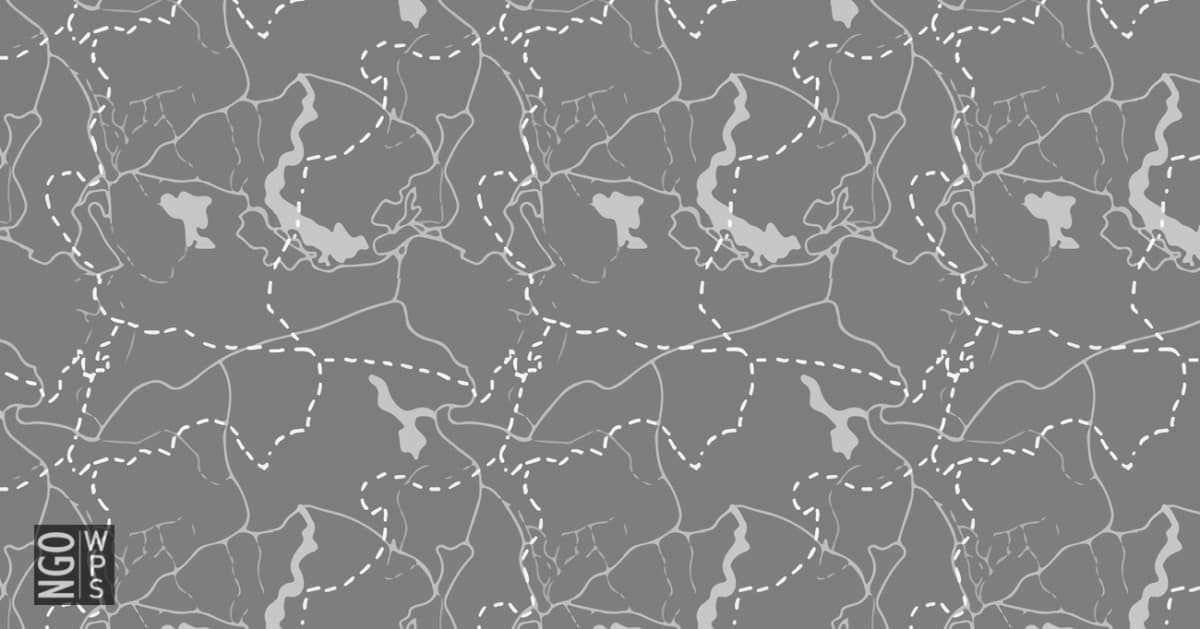Iraq
Iraq
Women are crucial allies to the efforts to eliminate extremism in Iraq. The Islamic State of Iraq and the Levant (ISIL) has contributed to a political landscape in Iraq historically characterized by sectarianism, ineffective judicial systems, high levels of government corruption, and high rates of violence against women, including sexual and gender-based violence. ISIL continues to use sexual and gender-based violence and rape as weapons of war— and targets women, particularly Yazidi women and other non-Shiite minorities, for sexual slavery among fighters.
Iraq acceded to the Convention on the Elimination of all Forms of Discrimination against Women (CEDAW) in 1986, launched the National Strategy on Combating Violence against Women in 2013, and launched its National Action Plan pursuant to Resolution 1325 in 2014. Iraq’s National Action Plan was the first launched in the Middle East. The Ministry of Women’s Affairs in Iraq has also developed a National Strategy for the Advancement of Iraqi Women, but due to the political climate it hasn’t been effectively implemented; similarly, laws banning forced and early marriages are rarely enforced.
Based on the work of NGOWG members and their partners, the NGOWG advocates for the Government of Iraq to clarify their shelter policies, in order to allow and support Iraqi NGOs in their efforts to operate shelters and provide much needed services to survivors of SGBV. Further, the NGOWG urges the Security Council to ensure that the United Nations Assistance Mission for Iraq (UNAMI) is regularly engaging with women’s organizations, and will continue to take concrete steps to support women’s participation in all peace and security processes.
Current and Past Recommendations to the UN Security Council (Monthly Action Points)
In its forthcoming discussion, the Security Council should discuss the extent to which the UN Assistance Mission for Iraq (UNAMI) is mainstreaming gender as a cross-cutting issue (S/RES/2576 (2021), OP 4(e)), including its work advancing survivor-centered approaches to GBV, and opportunities of the government and stakeholders to advance accountability for survivors. Momentum surrounding the adoption of the Yezidi Female Survivor Law should be maintained in order to ensure implementation and contribute towards the much needed enactment of the Law on Protection from Domestic Violence with a provision that ensures civil society engagement and legally recognizes civil society-run safe homes (UNFPA, HRW, UNFPA, OHCHR, UNICEF, UN Women, CEDAW, Madre), noting that tribal justice systems are male-dominated and there is a prevalent perception among men who commit domestic violence that they will not be punished. There is a direct link between armed violence and crime, the proliferation of weapons and GBV in Iraq, making it critical to address the widespread proliferation of small arms and light weapons in order to prevent violence (Asuda and WILPF). Further, diverse women and girls – including from the LGBTIQ+ community and minority groups – must be actively involved in the implementation of any legislation, including GBV prevention and response. The Council should call on the Government to ensure its response to the COVID-19 pandemic is gender-responsive, grounded in gender-sensitive analysis, and inclusive of diverse women’s perspectives. Briefings should include details about UNAMI’s efforts to ensure women’s inclusion and meaningful participation and leadership in all peace, security, political, and electoral processes, including the digital space, with particular emphasis on ensuring women’s safe participation in the elections to be held in October 2021. Finally, it is imperative that UNAMI report on their support for the forthcoming second National Action Plan (NAP) on Resolution 1325 (2000), including ensuring necessary financial resources for implementation and the establishment of accountability mechanisms to track and measure progress and impact.
Relevant Resources












